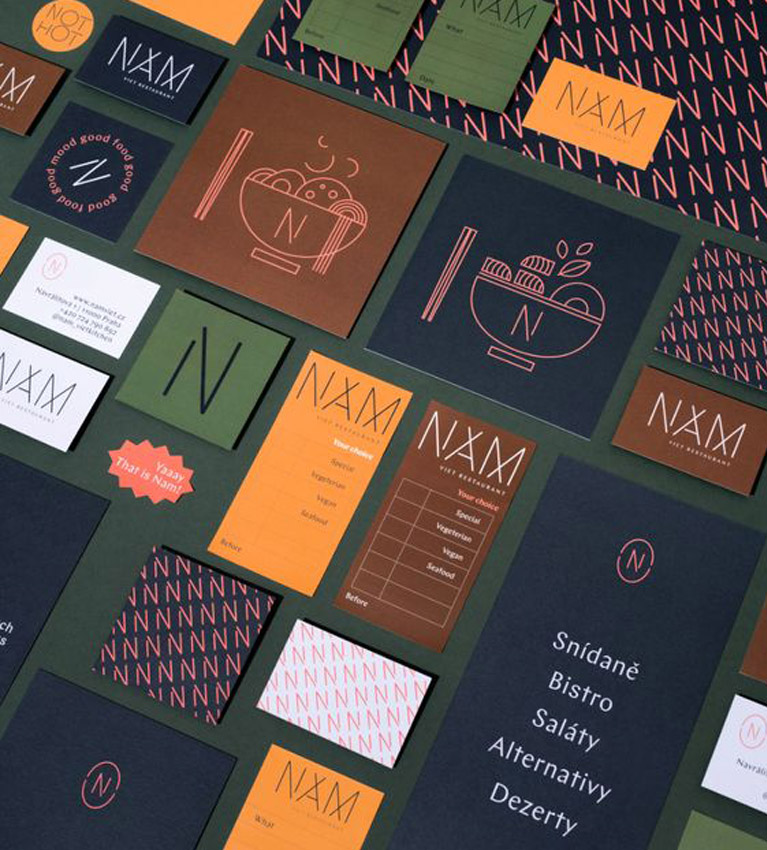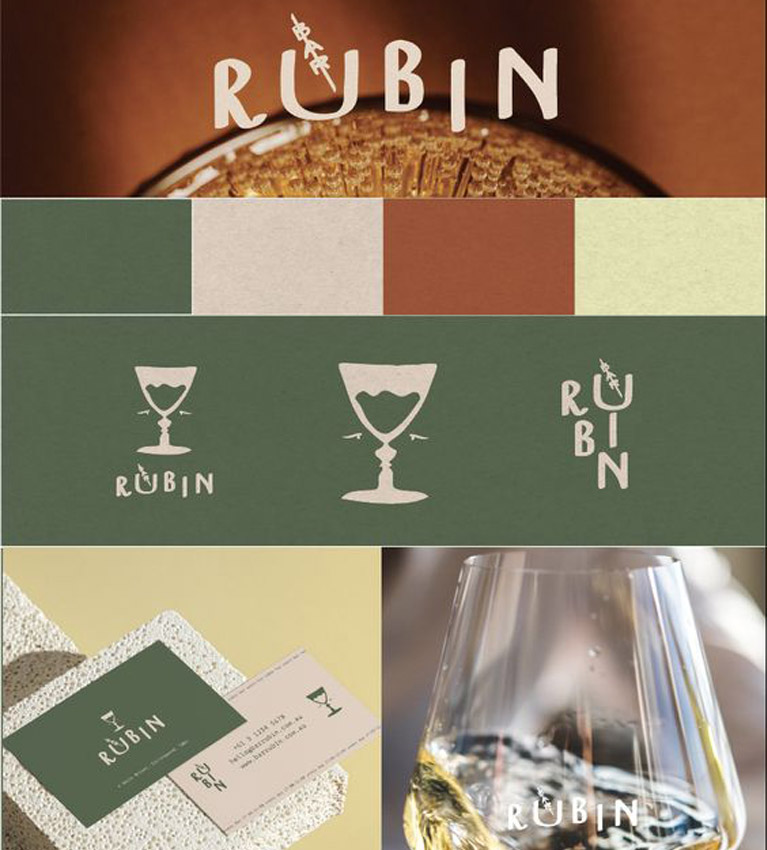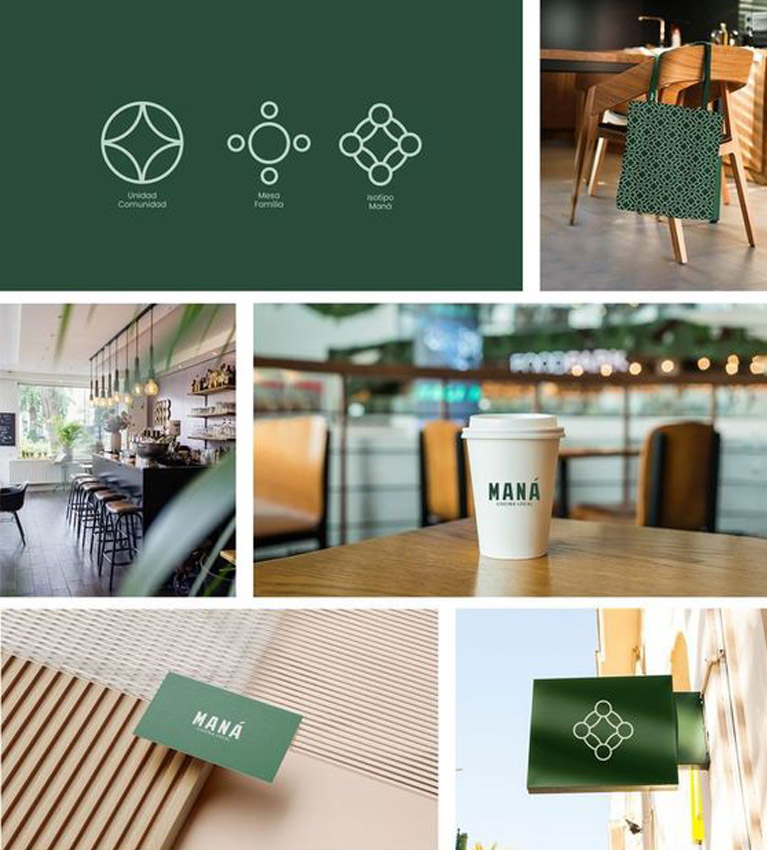
The Beauty of Branding in Interior Design
June 29, 2024

MasterChef Malta Season 1: A Culinary Journey of Passion and Perseverance
June 29, 2024
The Malta Tourism Observatory: Managing the future of the Maltese Tourism and Hospitality Industry
July 2, 2024The branding of the company is not just the look on paper or through photos and decor but it is carried out throughout the experience of the venue.
In this issue, we will see how branding and forming a brand identity can affect and potentially boost your hospitality venue's popularity.
Branding is one of the first design decisions to make as a business when in concept development. The initial business plan for any product or service requires strong branding to represent the company.
In this development stage, the company identifies the business values, what product /service they are selling, the sort of clientele they are marketing to, and the pricing for their services. Once this research has been carried out, a concise concept for your business model is formulated resulting in a target audience.
A demographic of people the company wishes to draw in, all decisions from here on out are made with the clientele in mind, what would they like and what would they want. We target our audience through marketing and word of mouth.
Now moving to brand identity, A brand should be personalised and unique to represent the new business. Starting with a name and a logo, branding helps build the identity of the company. A company may choose to share their personal stories as part of the branding or invite the clients to share an experience they have experienced as a form of nostalgia–all of these stories help form an emotional connection with the clients.
Branding is a tool that encompasses various elements that distinguish a brand from others, in turn making the brand recognizable and desirable to the target audience.
Once a brand identity is solidified, the branding lends itself as the brief or ‘bible’ for any designer to follow.
The branding of the company isn’t just the look on paper or through photos and decor but it is carried out throughout the experience of the venue.
Obvious brand elements we have already touched on like graphics, which include logos, menus, posters, adverts, merchandise, marketing and other design elements like interior design all contribute to the success of a brand; but there are other elements that help to distinguish a venue and make it memorable.
The clients' experience starts from making the reservation, again website and booking services use branding and photos to market the venue but the way we are greeted also represents the company, when training service employees for any company they need to know the company values and branding, the employees are dressed in branded uniform and greet guest in a manner suitable to the brand, the music and the journey to your table/room should embody the brand's intended experience.
Even the tableware and food plating–not to forget the food itself. All these elements can be designed with the brand identity in mind. There is a real excitement when the cocktails and platters have a signature entrance when presenting to the clients, these sorts of experiences are what can make the venue stand out from the rest.
Once a brand is recognizable it has the potential to be in-printed in the client's brain.
Now let us discuss interior design and how it can help promote your company and boost brand recognition.
Interior design houses all the elements mentioned earlier to create and host a unique experience, embodying and immersing users into the brand.
Most of us book our reservations online through a website of some sort, so our first impression of the venue options presents itself to us through photos, a still shot that embodies the comfort the venue has to offer.
The venue / interior space is where the client first physically interacts with the product and service.



Choices of colours, patterns, fabrics and materials must link and work cohesively with the branding brief. Designers can even introduce feature elements within the interior, using branding elements to promote the company, such as incorporating feature walls into the interior design to help strengthen marketing strategies.
Introducing feature walls that include the brand’s logo, a visual reminder that you are a guest of this venue. Designers can include a mirror or seating positioned in front of the feature wall, to prompt the guests to have their photos taken of them and their experience, this photo opportunity, translates to promoting/advertising your venue.
In the new age of social media, content creators utilise these photo opportunities to engage their viewers, therefore as designers, we try to capitalise on this idea by creating more spaces for these sorts of aesthetic photos to be taken, including the logo and striking interior design for immediate recognition and intrigue on social media.
If the service and the product are top quality and the design and branding are on point you will create a memorable experience for the client. Through word of mouth and use of social media and marketing your venue's name and brand will be recognized and can end up becoming a household name.
Join Sara for more inside interior design strategies in Issue 17, where she will discuss lighting strategies and how to choose light for every space and need together with its effect on our experience.

Sara Cassar
Sara Cassar is an experienced Interior Design professional of 7 years in the architecture industry. Catering to high-end clientele, both commercial and private residential spaces while offering design services that deliver functional, personalised, and luxury interior and exterior spaces.
Click here to see Horeca Issue 16 online



